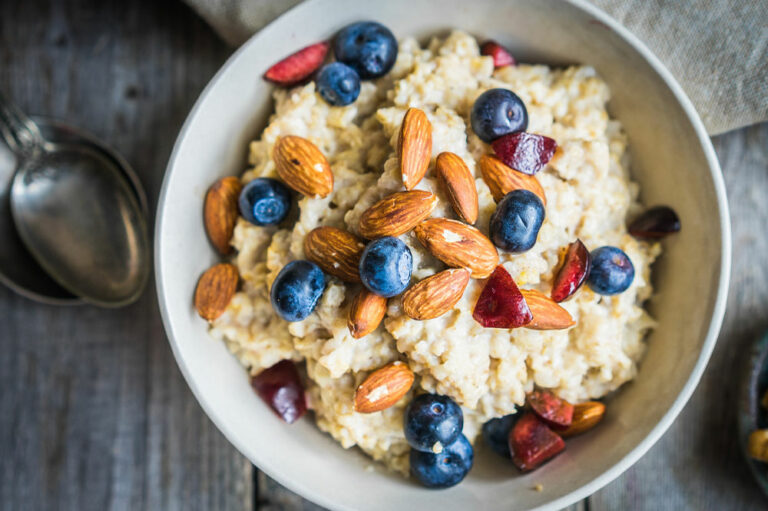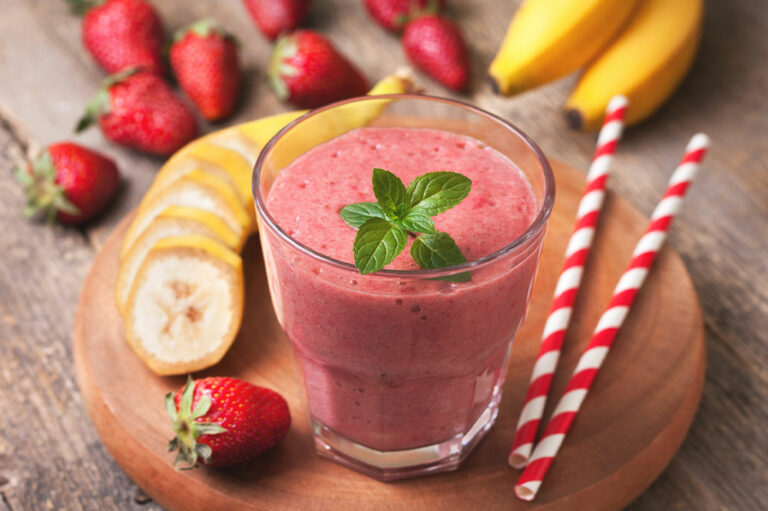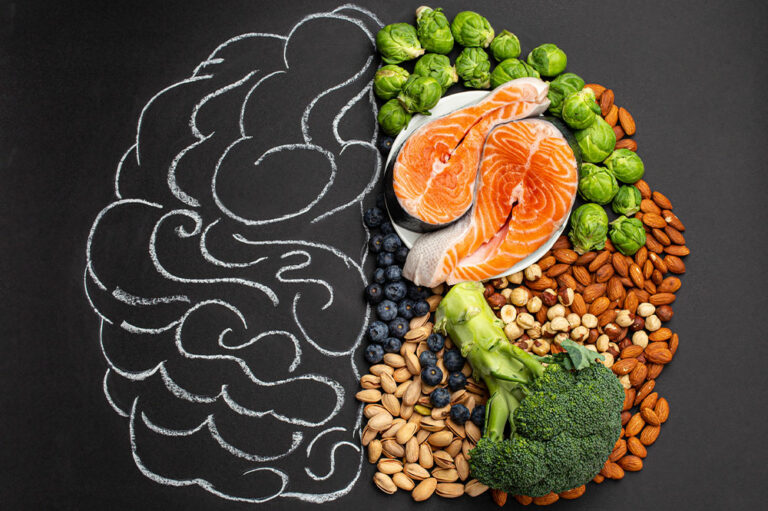
01
Lymphoma types and early warning signs
Lymphoma cancer is detected in the lymphatic system, which comprises the bone marrow, spleen, lymph nodes, stomach, intestines, and skin. The disease is marked by abnormal growth of white blood cells. More than half a million new lymphoma cases are diagnosed in the country every year. Since lymph tissues are spread throughout the body, lymphoma can start almost anywhere. Here are some common early signs of the disease to look out for. Types of lymphoma The disease can be classified into over 70 types based on cancer growth, aggression, and symptoms. The disease originates in white blood cells called B lymphocytes (B cells) and T lymphocytes (T cells) found in the bone marrow. Broadly, lymphoma is divided into two types: Non-Hodgkin lymphoma It begins in the lymphatic system and is marked by abnormal white blood cell growth that forms tumors throughout one’s body. Non-Hodgkin lymphoma is more common in older adults. Hodgkin lymphoma Hodgkin lymphoma usually begins in B cells and is comparatively easier to cure at an early stage. It can affect both kids and adults at any point. Several treatments are available for the disease, from chemotherapy, radiation therapy, immunotherapy, and targeted therapy, to stem cell transplantation. A patient’s recovery depends on the type and stage of their cancer.
Read More 









